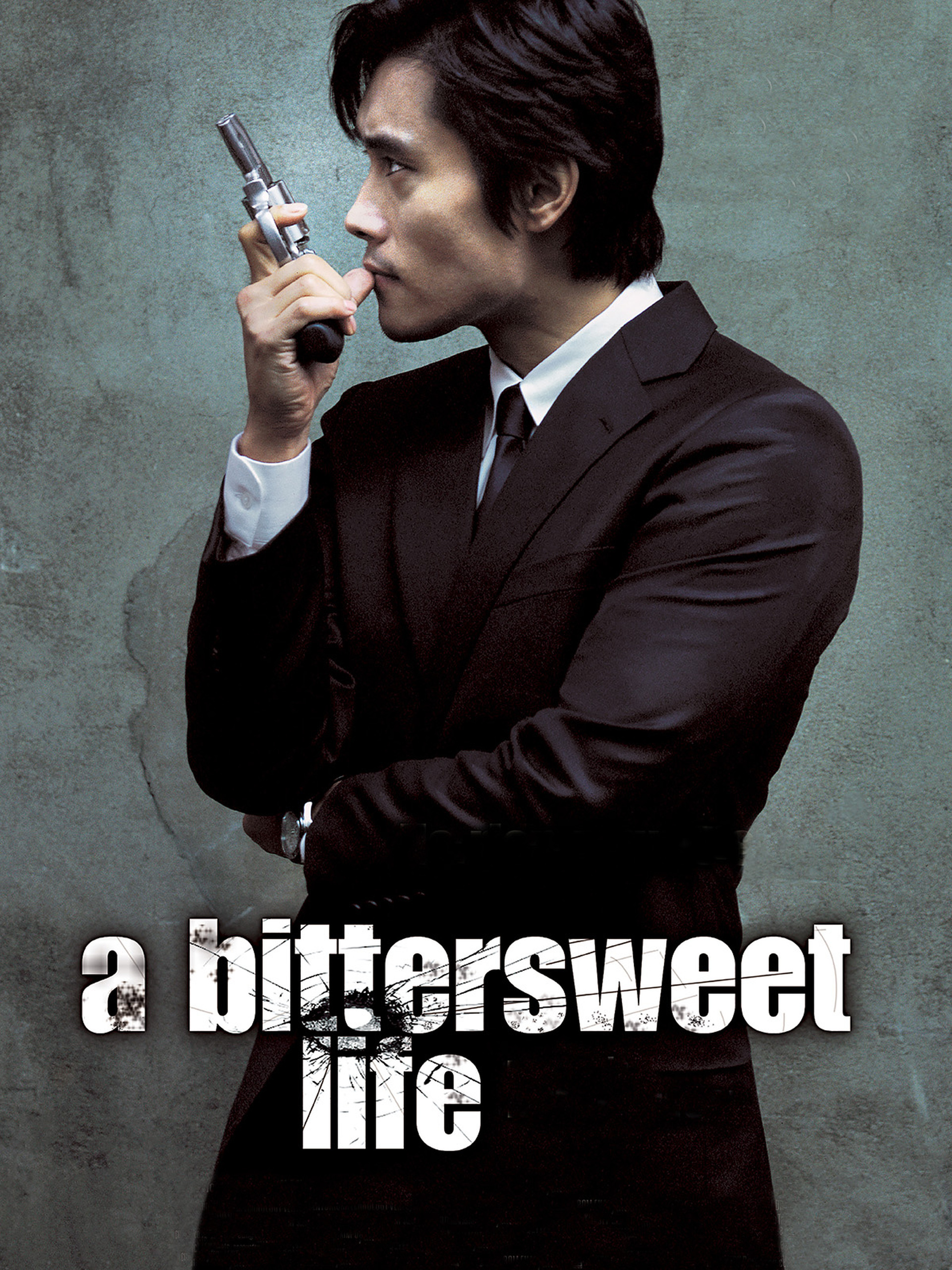
A Bittersweet Life 달콤한 인생
Written and directed by Kim Jee-woon
A meditation on self-discovery, honor, and the quiet weight of our choices. A reminder that music—its beauty and grace—can be a lifeline, even in the heart of chaos.
Rating: ★★★★★
Hello, my dear Mr. Sunshine! I can hardly express how deeply I cherish South Korean dramaturgy. Time and again, it moves me in ways few other cinematic traditions can. Lee Byung-hun never fails to captivate—his presence elevates even the most straightforward stories into masterful works of art. In A Bittersweet Life, his performance is no exception. With quiet intensity and emotional precision, he embodies Sun-woo in a way that fills every frame with feeling. Through his portrayal, we witness a man wrestling with morality, loyalty, and the quiet ache of what’s lost. Each layer he reveals feels profoundly human, transforming this film into more than just a narrative—it becomes a quiet reflection on the fragile nature of choice.
Kim Jee-woon’s direction renders the story an entrancing blend of action, noir, and introspection. There’s a stark beauty to his style—brutal and elegant in equal measure. But the film is not merely a visual experience; it is an exploration of what it means to live by one’s principles in a world where such ideals are often tested. With exquisite care, the cinematography captures each fleeting expression, every shadowed silence, immersing us in a landscape that feels as raw as it is poetic.
Even in its most visceral moments, the film never loses sight of its humanity. Beneath the tension and action lies a tender, aching heart—reminding us that every decision carries weight, and that honor, though noble, can be quietly devastating. The themes of identity, love, and sacrifice are interwoven with care, inviting quiet reflection on what it means to remain true to oneself, especially when the world feels irrevocably askew.
I expected no less from Kim Jee-woon. His work consistently strikes a rare balance—blazingly original yet deeply grounded. Like I Saw the Devil, a film that still lingers with me for its unflinching performances, A Bittersweet Life is sharp in its execution, unrelenting in its emotional honesty, and breathtaking in its most contemplative moments. It’s a film that refuses to fade—a story that continues to echo long after the credits roll. In doing so, it reminds us why we turn to cinema in the first place: to understand ourselves, to glimpse the truths that fiction can illuminate, and to find—if only for a moment—solace in beauty, even when it’s bittersweet.
Credits: CJ Entertainment
Comments are closed.